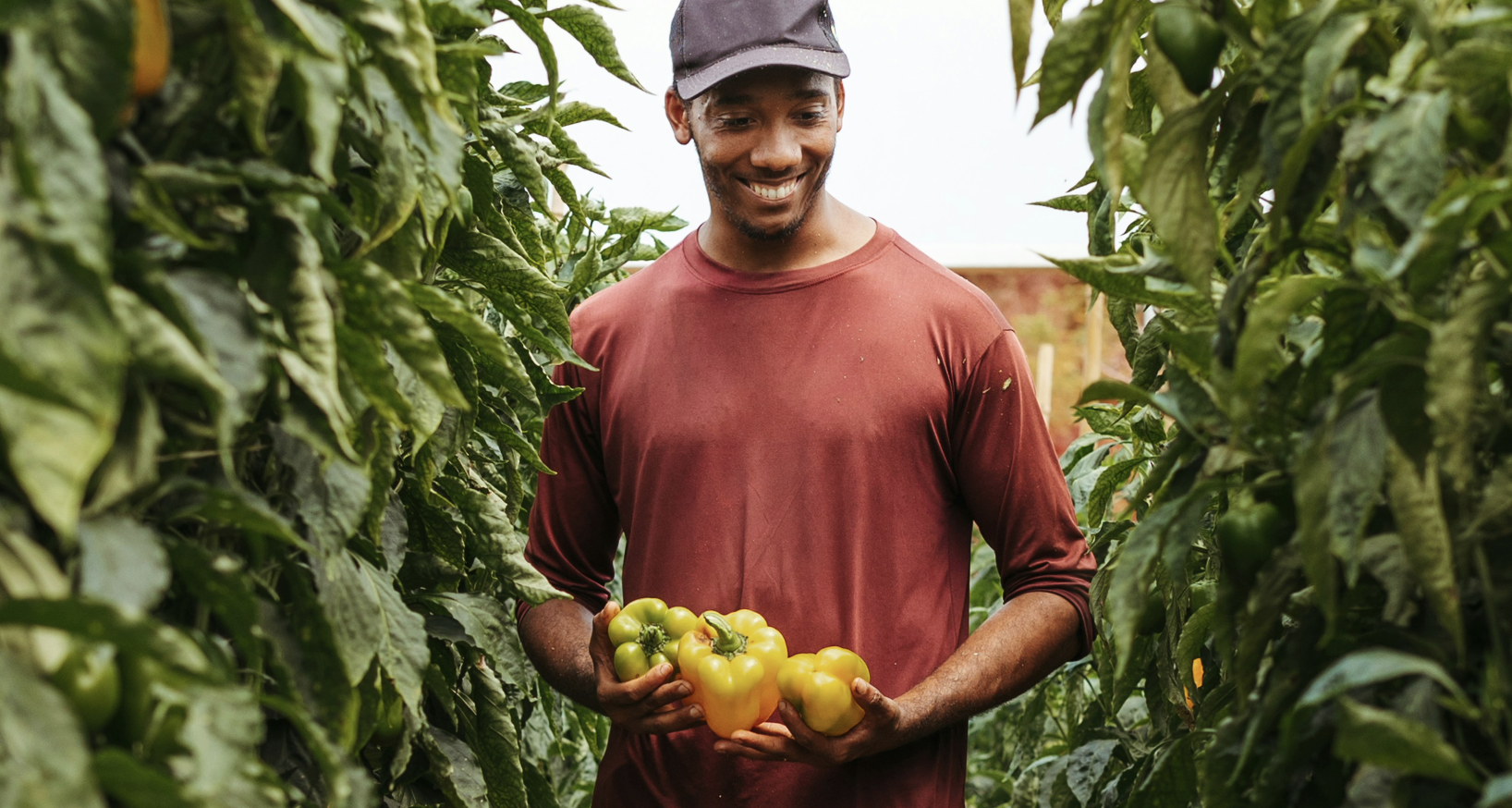Regenerative Farms vs Organic Farms: What’s the Difference?

Join the community





In the realm of sustainable agriculture, both regenerative and organic farming practices stand as beacons of environmentally conscious food production. While they share common goals of minimizing harm to ecosystems and promoting healthier food, these approaches diverge in their methodologies and overarching philosophies. Let's delve into the differences between regenerative farms and organic farms:
Core Objectives
- Regenerative Farms: The primary goal is to revitalize and enhance the natural ecosystems of the land. Regenerative practices aim not only to sustain current conditions but to actively regenerate soil health, biodiversity, and overall ecosystem resilience.
- Organic Farms: Organic farming primarily focuses on avoiding synthetic pesticides, herbicides, and genetically modified organisms (GMOs) to promote soil and water quality, as well as human health. The emphasis is on preventing harm rather than actively restoring ecological balance.
Soil Health
- Regenerative Farms: These farms prioritize soil health by employing practices such as cover cropping, crop rotation, and reduced tillage. These methods help build soil organic matter, retain moisture, and promote beneficial microbial activity, ultimately enhancing soil structure and fertility.
- Organic Farms: While organic farms also prioritize soil health, regenerative practices often go beyond organic standards. Organic farms may use tillage methods that can disrupt soil structure, whereas regenerative farms aim to minimize such disruptions.
Biodiversity
- Regenerative Farms: These farms work to enhance biodiversity by creating habitats for various species, planting diverse crops, and integrating livestock. Biodiversity supports natural pest management, nutrient cycling, and overall ecosystem resilience.
- Organic Farms: Organic farms also promote biodiversity by avoiding synthetic chemicals that can harm non-target species. However, regenerative farms actively seek to create holistic ecosystems that mimic natural patterns.
Carbon Sequestration
- Regenerative Farms: Carbon sequestration is a key focus of regenerative practices. Techniques like agroforestry, no-till farming, and cover cropping enhance the soil's ability to capture and store carbon dioxide from the atmosphere, mitigating climate change.
- Organic Farms: While organic farming contributes to reduced carbon emissions by avoiding synthetic inputs, regenerative farms take a more proactive role in sequestering carbon.
Holistic Approach
- Regenerative Farms: Regenerative farming embraces a holistic approach that considers the entire ecosystem, including soil, water, plants, animals, and even human well-being. It's a systems-thinking approach that aims for harmony among all elements.
- Organic Farms: Organic farming primarily addresses the avoidance of synthetic inputs and follows a set of defined standards. It may not always encompass the comprehensive ecosystem-oriented approach of regenerative farming.
While both regenerative and organic farms contribute to sustainable agriculture, regenerative farming goes a step further by actively restoring and enhancing ecosystem functions. Organic farming serves as an important step toward reducing chemical inputs, but regenerative practices offer a broader and more proactive approach to fostering ecological balance and resilience. The choice between the two ultimately depends on the extent to which farmers aim to heal and enrich the land they cultivate.







.png)




